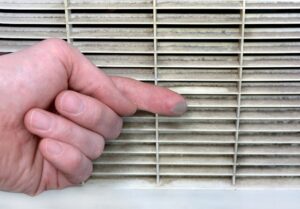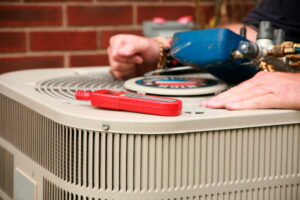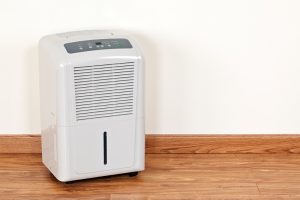Depending on your type of air conditioner, you will have at least one fan as part of your system. Each fan plays an important role, and if there is a malfunction or breakdown with the fan’s motor, your whole system can be affected. Motors are complex, so it is best to use a qualified technician from Clean Air Act, Inc. for your air conditioning repairs in Beavercreek, OR.
Why Use a Specialist?
The motors in your air conditioner need to operate at a certain capacity in order to do their job correctly. The motors have small, intricate parts, including a system of wires that make the motor run. In addition, the motor, like other parts of your air conditioner, is tied into your home’s electricity, so unless you have the training to both repair your motor and work with electricity, it’s better to use a trained professional for your fan motor repair.
What Can Go Wrong With The Motors?
Three separate motors can leave a lot of room for malfunction. Let’s start with the fan motors.
Fan Motors
The fans’ jobs in your air conditioner are to move air (air flow) and help with the heat release and cooling process in your system. When one of these fans malfunctions, it can affect the whole system.
Typical problems with fan motors include:
- Wiring and other electrical issues
- Burnout from stress
- Breakage of the small components within the motor itself
Many times the fan motors can be repaired, but there is the possibility that the motor may need full replacement.
Compressor Motor
The compressor’s job is to take the cool refrigerant gas that enters from the evaporator and turn it into a hot, high-pressure gas that moves to the condenser. This is how your AC releases its heat.
Common problems that can occur with a compressor motor are:
- Problems with pressurization due to issues within the compressor or from the intake valve
- Electrical problems
- Breakdown due to overheating
- Issues with the run capacitor
The compressor is a complex component, and because it works under pressure, it is not a part that should be handled or repaired by an untrained person.
Motors Not Running? Give Us a Call
The best way to stay on top of potential motor repairs is to have bi-annual maintenance conducted on your air conditioning system. During regular maintenance appointments, your AC is thoroughly inspected and cleaned, including the components and wiring. If you suspect something may be off with one of your air conditioner’s motors, don’t ignore it – it could become a bigger issue than it has to be. Call Clean Air Act today and schedule air conditioning repair service in Beavercreek, OR.






 A dehumidifier is an excellent supplement to your
A dehumidifier is an excellent supplement to your
Join Us Online